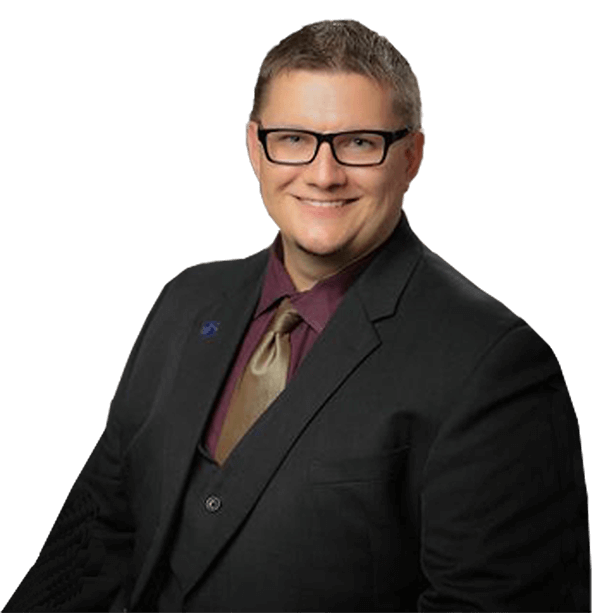Revocable Trusts for Asset Distribution
Revocable Trusts for Asset Distribution Care
Asset distribution at end of life without involving probate. Revocable trusts, often referred to as living trusts, are a popular estate planning tool. They can be used to plan the distribution of assets at death and avoid probate proceedings. They require experience and knowledge to accomplish the desired outcome for the grantor.
Answering your questions about revocable trust
Trusts can be revocable, meaning they can be amended or revoked during the life of the grantor. They
are also referred to as inter-vivos trusts, meaning they were established during the life of the grantor.
The grantor is the person who established the trusts. A revocable trust is a written agreement between
the grantor and the person managing the trust, the trustee. The grantor and trustee can be the same
person.
Trusts can also be irrevocable, which can normally be amended or revoked by the grantor outside of
extraordinary circumstances.
The trust document can mandate for:
- The management of trust assets during the grantor’s lifetime
- The distribution of assets upon the death of the grantor
- The continued management of assets for other’s after the grantor’s death
- Or any combination of the above.
The trustee decides how the trust assets are invested and whether to buy or sell assets. Since the trust is
revocable, the grantor can amend or revoke the trust and take back the assets if necessary. The trustee
can also name a successor trustee in the trust document to give that person authority to administer and
distribute assets at the death of the original trustee.
I have questions about special needs trusts
Parks and Meade has an experienced estate and trust attorney that can answer your questions. Schedule your consultation below or call 614-389-1038.
Tell Us More


